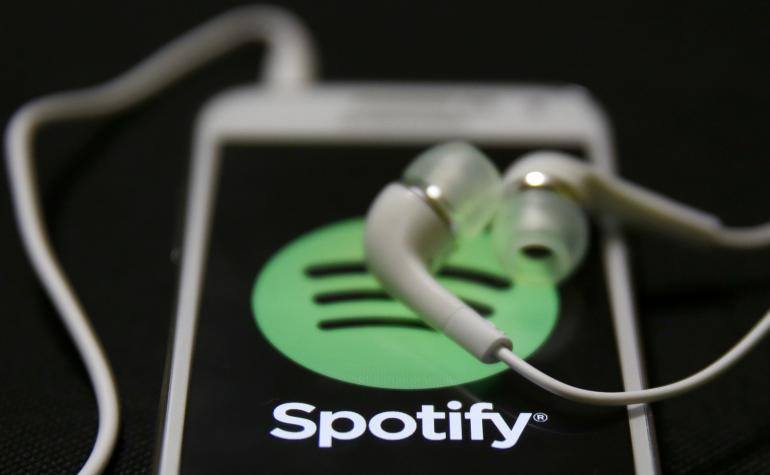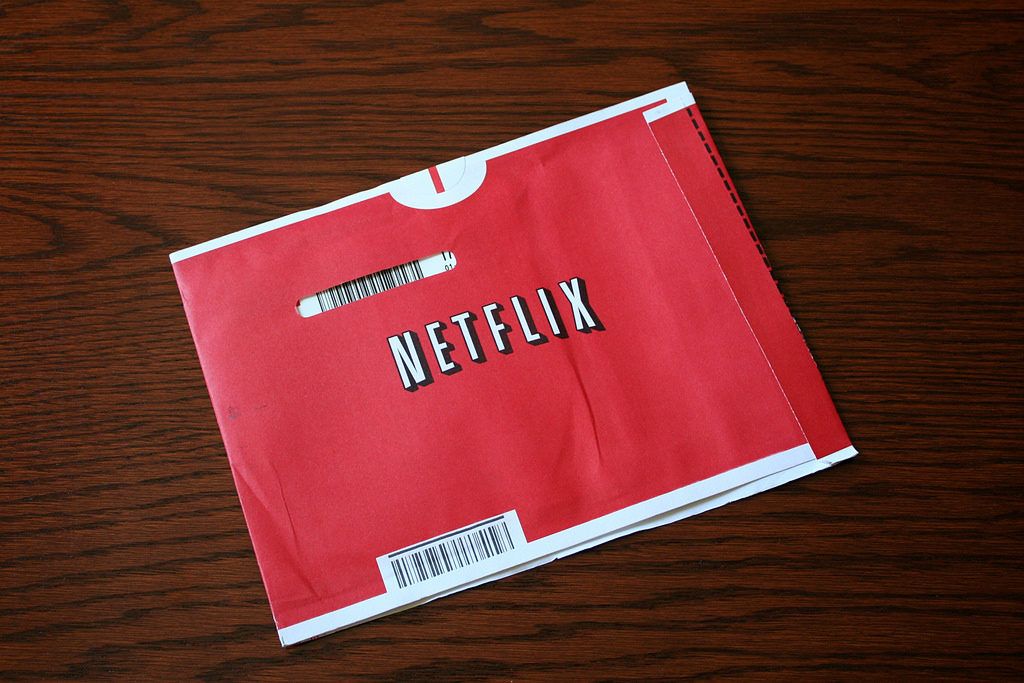Business
Streaming is not a platform killer
Streaming is the newest platform killer these days, with Spotify and its brethren posing a threat to the music industry.

Death threats are an inevitable thing in the technology segment, but we all know that these are just wild predictions that never really materialized. Or marketing strategies to gatecrash a sprightly industry. Television did not really kill radio, and the Internet isn’t even obliterating them from our consciousness. Yes, they lost the popularity they once had, but they are still very functional and relevant.
The reason is simple: these media platforms still have their respective audiences.
Now, streaming is enjoying the reputation of being the newest platform killer. The rise of Spotify and its many incarnations have imposed yet another threat on the endangered music industry. Journalists are claiming that it would soon kill digital music. Sales of portable music players are threatened, too, because people no longer need them since they can now listen to millions of songs on their smartphones.

Journalists say that music streaming apps like Spotify (pictured) and Tidal would soon lead digital music to its end. (Photo by downloadsource.fr via Flickr. CC BY 2.0)
The same thing is thought of Netflix’s inception. Movie theatre owners are accusing the movie streaming pioneer of killing the industry instead of resurrecting it. Writers are looking at the altered moviegoers’ viewing behaviour and the box office’s dwindling sales to highlight that streaming can be an industry killer.
But one thing that’s beyond our control is change, and we can’t just blame everything on new technological advancements or why such and such segment is losing popularity. The music industry has been shaky long before streaming became a big thing, and the same is true for the movie industry.
Perhaps some will agree that the real enemy is piracy—or even poverty—why some people no longer spend their hard-earned money on vinyl, movie ticket, or physical books. Or maybe most of us are just afraid to embrace new things and move on.

Owners of movie theaters blame Netflix (pictured) for the death of cinema. (Photo by Marit & Toomas Hinnosaar via Flickr. CC BY 2.0)
Several years ago, Jason Kilar of Hulu almost branded his new website as the killer of YouTube, but this never really came to fruition. Until now, he is stuck in an endless one-sided tirade against the giant video sharing site, making the latter more relevant and leaving Hulu—and even his latest endeavours—in its shadows.
“No one is going to kill anyone,” writes music journalist Rachel Brodsky. According to her, space is just getting bigger and continuously expanding. Indeed, there’s room for everyone—for Netflix, Hulu, Spotify, and iTunes, as well as for SoundCloud and Audioboom (LSE:BOOM).
The great thing about streaming is the valuable lesson it taught to some old industry folks—that it is time to move on, compete, and embrace change.
Without Netflix hurting its shows’ ratings, HBO might remain the same, old boring movie cable channel we skip during program surfing. Now, HBO is offering more new movies every week, most of them recently pulled out from the movie theatres. It also offers standalone streaming services through Apple’s iOS platform and allows its hit TV shows like Game of Thrones to be part of other online TV alternative channels such as Sling TV.
Streaming is still in its nascent years, and surely there will be more improvements in this relatively new segment. Or maybe, though it is unlikely to happen, it may run out of fashion and people will do things the old way again. But one thing’s for sure: streaming won’t put TV, movie theatres, and music stores to oblivion. So long as these platforms have their own audience, they will stay alive and relevant.
_
This article may include forward-looking statements. These forward-looking statements generally are identified by the words “believe,” “project,” “estimate,” “become,” “plan,” “will,” and similar expressions. These forward-looking statements involve known and unknown risks as well as uncertainties, including those discussed in the following cautionary statements and elsewhere in this article and on this site. Although the Company may believe that its expectations are based on reasonable assumptions, the actual results that the Company may achieve may differ materially from any forward-looking statements, which reflect the opinions of the management of the Company only as of the date hereof. Additionally, please make sure to read these important disclosures.

-

 Africa1 week ago
Africa1 week agoBLS Secures 500 Million Dirhams to Drive Morocco’s Next-Gen Logistics Expansion
-

 Fintech2 weeks ago
Fintech2 weeks agoRipple Targets Banking License to Boost RLUSD Stablecoin Amid U.S. Regulatory Shift
-

 Impact Investing2 days ago
Impact Investing2 days agoSustainable Investments Surge in Q2 2025 Amid Green and Tech Rebound
-

 Biotech1 week ago
Biotech1 week agoBiotech Booster: €196.4M Fund to Accelerate Dutch Innovation

























